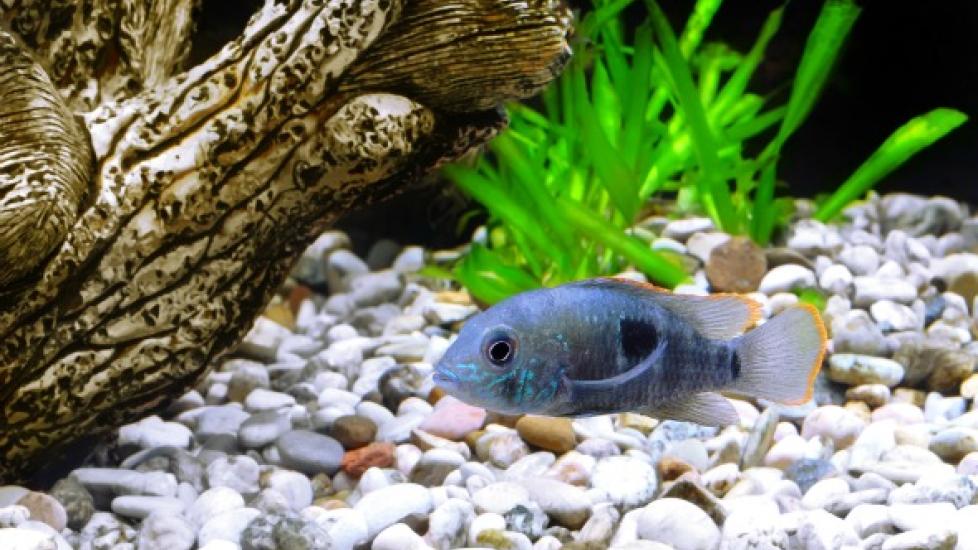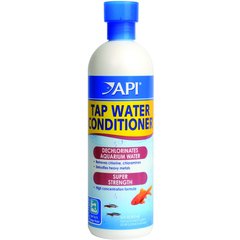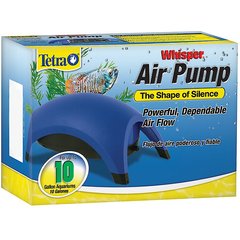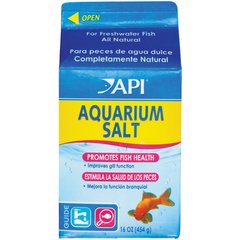Nutritional Disorders in Fish
Nutritional Disorders
Many fishes suffer from nutritional disorders because of a poor diet. Nutritional disorders are the most common reason for sickness and death in aquarium, tank or fishpond fishes.
Reasons and Prevention
1. Nutritional imbalance in commercial food: Fishes can be either plant eaters (herbivores), meat eaters (carnivores), or both (omnivores). And although commercial food is available for fishes, a nutritional disorder can still occur because each species of fish has a different nutritional requirement, which is not always fulfilled by the commercial food. Therefore, fishes will need more than one type of commercial food to meet their dietary requirement.
2. Incorrectly stored food: Improperly stored food is another reason fishes acquire nutritional disorders. Dry food should be stored in a cool, dry place and replaced after two months.
3. Vitamin deficiency: Nutritional disorders in fishes can also be due to a vitamin deficiency. Vitamin C or ascorbic acid deficiency leads to Broken back disease – where the backbone of the affected fishes get bent (deformed). Vitamin B-complex (thiamin, biotin, niacin, and pyridoxine) deficiency can cause brain, spinal cord and nerve disorders in fishes. Unfortunately, vitamin deficiency is diagnosed only after the fish’s death. Therefore, it is important you give your fish a vitamin-rich diet.
4. Infected live food: Food that is alive and infected with bacteria, viruses, fungi and parasites can lead cause problem in your fishes. To prevent such infectious diseases, buy live food only from reputable sources.
5. Feed toxicity: Nutritional disorders caused by toxins found in food occurs frequently in aquarium fishes. The most common of these is the aflatoxin produced by the growth of the mold, Aspergillus flavus, in the stored food. Aflatoxin causes tumors and is fatal in fishes. Store your fish food hygienically and replace it every two months, or when there appears to be mold in it.
Treatment
Treatment for any fish disorder or disease is difficult. Therefore, it is important you are careful storing food, and that you take any other preventative measures.




